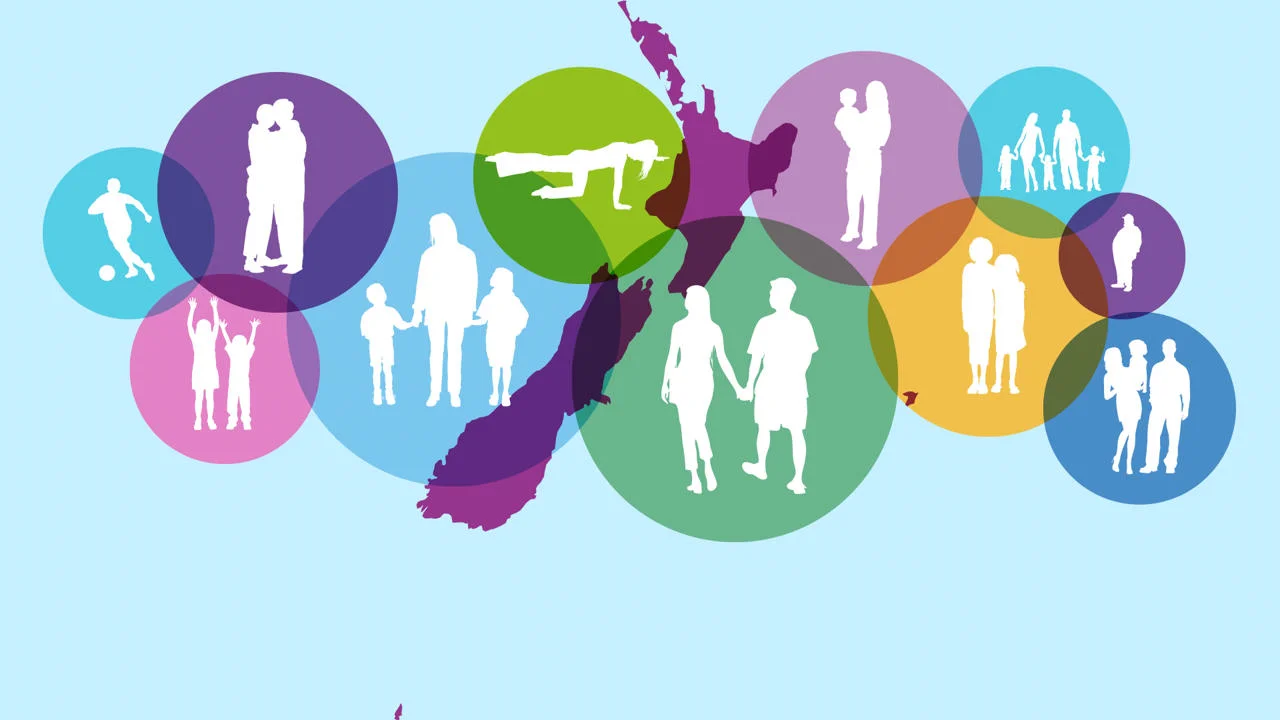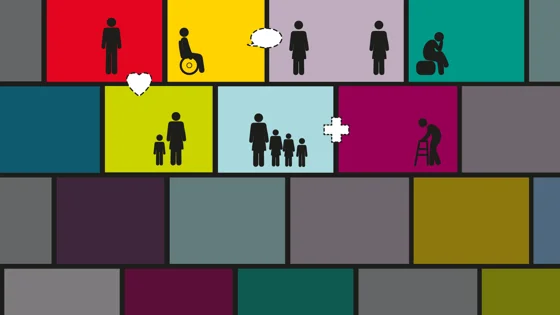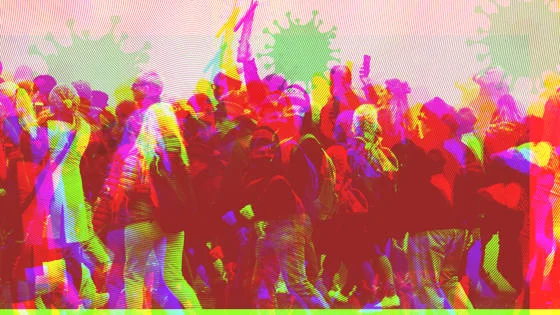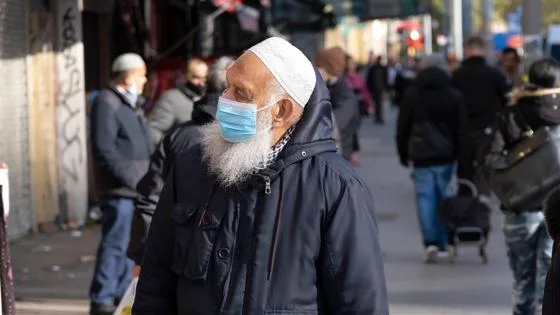Can we repair our social lives after the pandemic?

Contents
In February 2020, anthropologist Dr Nicholas Long was preparing for a fieldwork trip to Indonesia. Having trained as a hypnotherapist during his previous research, Dr Long planned to visit the country to gain a better understanding of hypnotherapy in a society with a long history of trance-based healing.
Just as he was organising his visa, however, the world was hit by COVID-19 and all travel came to a halt. The UK watched in anticipation as Boris Johnson announced we needed to stop all unnecessary social contact.
"The phrase ‘unnecessary social contact’ struck fear into my heart as soon as I heard it," Dr Long recalls. "It felt like such a cruel way of managing the situation. So many studies show that social contact is important, and not just in terms of mental health. Your physical and overall health outcomes are also vastly improved by having high quality social relationships. The term ‘unnecessary social contact’ propagates the harmful idea that all socialising is a dangerous luxury."
[It struck me that] effective intervention could be made… in a way that was flexible – rather than completely shattering connections.
Rearranging our networks – how social bubbles provided support in a time of isolation
At LSE, Dr Long teaches on the course "The Anthropology of Kinship, Sex and Gender". Part of the syllabus looks at HIV prevention efforts, exploring which strategies for preventing the spread of the disease have been successful and which have floundered.
One argument suggests the most successful efforts for curbing HIV might be the ones that rearrange networks of transmission rather than regulating individual behaviour. For example, a strategy which asks people to refrain from all sexual activity is unlikely to be as successful as one which asks people to have one sexual partner at a time and stay in one area.
Remembering this argument struck a chord with Dr Long. "The idea that an effective intervention could be made at the level of networks in a way that was flexible – rather than completely shattering connections – struck me as something which could be helpful in dealing with coronavirus."
After penning a piece exploring how it might be possible to arrange social contact in a way that still contained the virus but didn’t leave people feeling isolated, a friend pointed out that something similar was already happening in New Zealand. There, people living on their own or with complex needs were allowed to form a "support bubble". As case numbers fell, every household in New Zealand was allowed to merge with another. At the time, these arrangements were not allowed in the UK.
On hearing this, Dr Long reached out to colleagues in New Zealand and they formed a research group - the Care and Responsibility under Lockdown Collective (CARUL).
The group explored how bubbles had been implemented in New Zealand and if this model could be emulated elsewhere. They surveyed over 2,500 New Zealanders and found bubbles had made a huge difference to people’s lives, allowing them to receive and give much-needed support.
The bubble approach was later adopted by England and emulated in the extended household policies in Wales and Scotland. Dr Long is delighted that the CARUL study provided scientific advisers and policymakers with information about bubbles to help inform these decisions.
It’s always difficult to separate the effect of the disease and the effect of lockdowns. There are going to be lots of people whose lives have changed drastically.
A new normal – how has COVID-19 affected our social lives?
As lockdown measures lifted further in New Zealand, CARUL asked how people’s friendships and social lives had changed since the start of the pandemic.
Although many respondents (55 per cent) said they were "more or less the same", a sizeable minority (26 per cent) had become less social.
Many respondents spent less time interacting with loved ones. Some had chosen to eschew large gatherings and public spaces to avoid possible COVID-19 exposures.
Others described how the 2020 lockdown had led them to "fall out of the habit of socialising" or had strained their friendships to the point they couldn’t easily be repaired – perhaps because of disagreements over New Zealand’s COVID-19 response, or because of resentments harboured against friends who they felt had neglected them during the lockdown.
Only 10 per cent indicated that the pandemic had inspired them to be more proactive in spending time with friends.
Dr Long hopes these findings will encourage policymakers to think about how they can support people to reconnect. "It would be useful if governments could increase funding for mental health services and provide psychotherapies for people who have fallen out and want to reconnect in the presence of a trained mediator. In terms of messaging, the benefits of socialising need to be championed more," he says.
Diversity of experience – how people’s lockdowns differed
The surveys carried out by CARUL also threw up some important findings reflecting the huge diversity in people’s experiences of lockdown in New Zealand. For example, it raised questions about the legitimacy of the government imposing regulations on indigenous communities.
During the height of the pandemic, many Māori communities set up and ran roadside checkpoints to limit travel through areas where there was a high indigenous population. "This became controversial as these people weren’t state recognised police officers, but the counter argument was that the Iwi (tribes) were upholding the wellbeing of the Māori population and following the spirit of restrictions. Eventually, the New Zealand police recognised this and leant their presence to support the checkpoints. It’s an important first step towards establishing meaningful partnerships in the field of policing," Dr Long explains.
Looking forwards, could the pandemic and the numerous ensuing lockdowns have long-term repercussions on our social lives? Dr Long is not sure. "It’s always difficult to separate the effect of the disease and the effect of lockdowns," he muses. "There are going to be lots of people whose lives have changed drastically. However, I think it’s still within our power to decide what the long-term impact will be. There’s a lot we can do, both as individuals and as a society. We can take measures to alleviate some of those negative repercussions and think about this as an opportunity to really value our friendships and relationships."
Dr Nicholas Long was speaking to Charlotte Kelloway, Media Relations Manager at LSE.
Download a PDF version of this article




